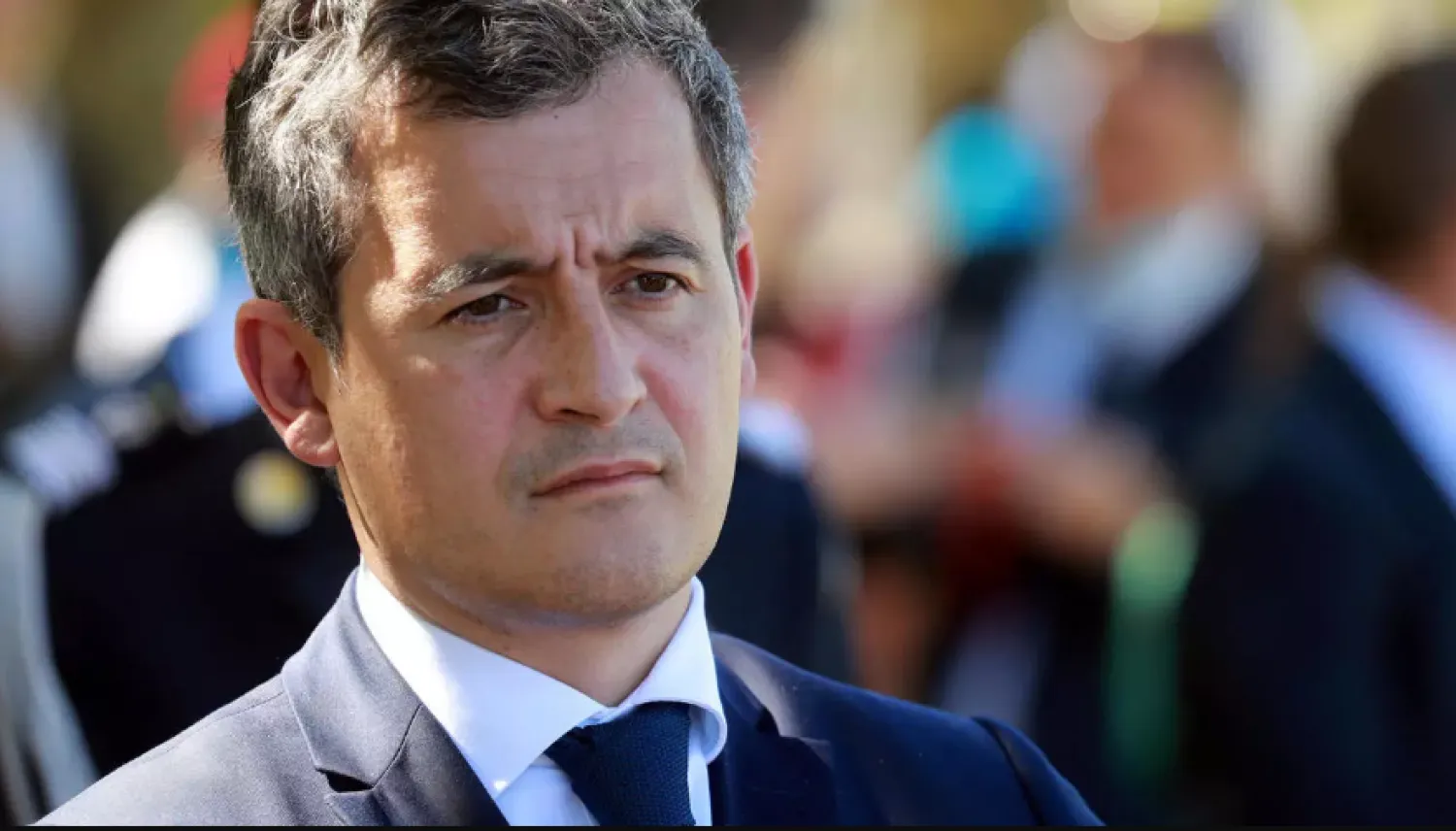Italy and France are considering deploying sea or air craft to alert Tunisia to the departure of clandestine boats ferrying migrants north to Italian shores, like the young Tunisian man who is the chief suspect in a fatal knife attack at a French church last week, the Italian interior minister said Friday.
The Italian minister, Luciana Lamorgese, and French Interior Minister Gerald Darmanin held talks in Rome on Friday.
Darmanin declined to fault Italy for its handling of the Tunisian suspect, who landed on Italy's Lampedusa island in September, was quarantined under pandemic rules and received expulsion papers from Italian authorities before reaching France in October, The Associated Press (AP) reported.
“In no moment did I think there was something defective” in how Italy managed the case, Darmanin said, responding to a question at a news conference with Lamorgese after their talks. Instead, he thanked Lamorgese and Italy’s intelligence services for an exchange of information in the days following the attack in Nice.
Lamorgese said she and Darmarin discussed a plan that would involve deploying “naval or air assets that could alert the Tunisian authorities to eventual departures” and help them intercept the boats, “in their autonomy that we don’t want to violate.”
Under the plan, there would be “only an alert that we’d give the Tunisian authorities to make it easier to trace the vessels that depart from that territory to come to the Italian coasts," the Italian minister said.
"It’s obvious that this presumes the collaboration of the Tunisian authorities.”
The two ministers met a day after French President Emmanuel Macron said his country is reinforcing its border controls after multiple attacks this fall.
Italy and France are launching, on an experimental, six-month basis, mixed brigades of Italian and French security forces at their common borders to strengthen controls, Lamorgese told reporters.
After his morning meeting in Rome, Darmarin said he was heading to Tunisia, Algeria and the island nation of Malta to discuss migration and terrorism issues.
“France and Italy must pinpoint a common position for the fight against clandestine immigration on the European level,” he said.
Tunisia is one of only a few countries that has a repatriation agreements with Italy. But with thousands of Tunisians arriving by sea recently and fewer than 100 expelled migrants returned to the North African nation by air weekly, a priority is put on individuals who are believed to be dangerous.
According to AP, Lamorgese has said that there were no indications the Nice attacker, Ibrahim Issaoui, 21, posed a threat.
In Tunisia, the fight against terrorism and irregular immigration were the main themes during Darmanin's whistle-stop Tunis visit and meeting with counterpart Taoufik Charfeddine.
Darmanin praised the Tunisian security services for “the information brought ... to France, hours after the Nice attack."
Tunisia has been the target of several terrorist attacks and has paid a high price in its fight against terrorism, and for having chosen the path of freedom and democracy, he said.
Darmanin is due to make a similar visit to Algeria on Saturday.









